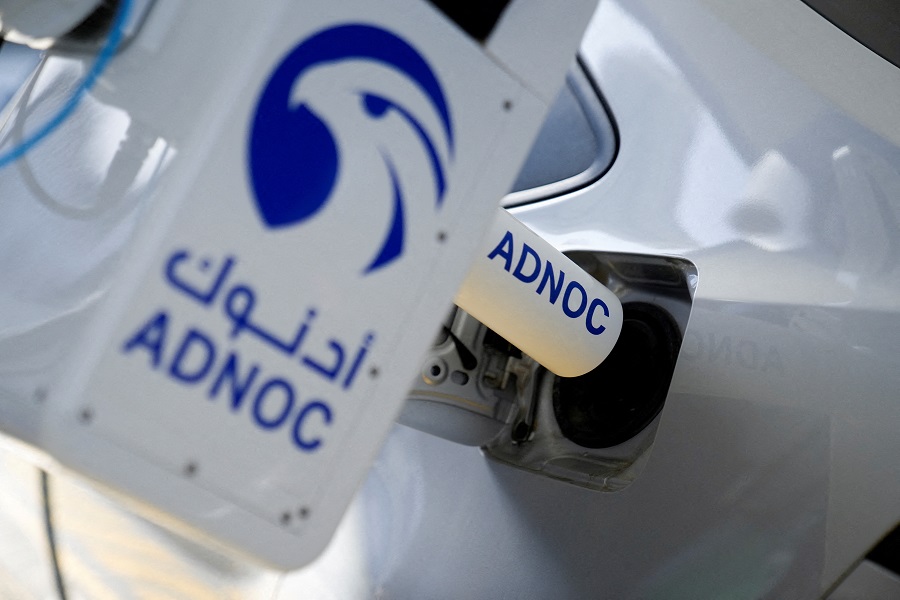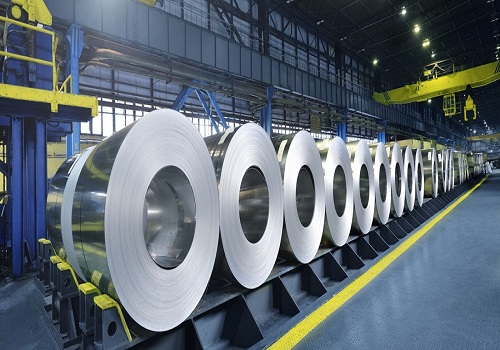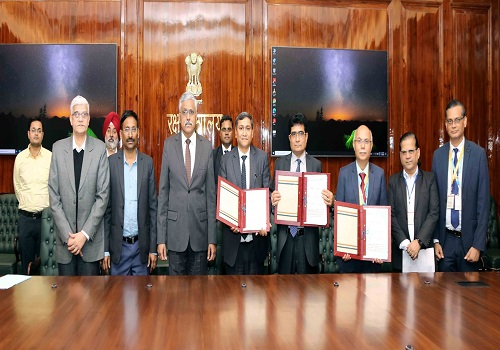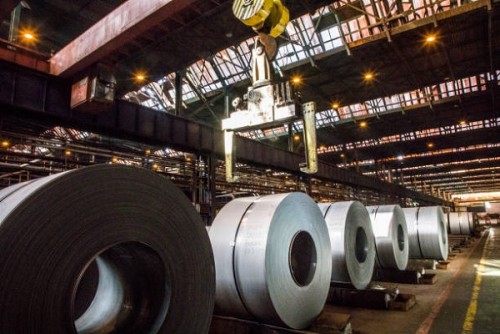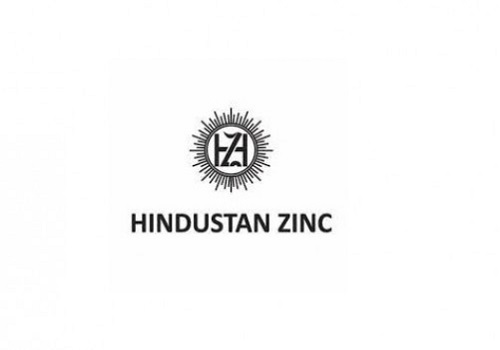Hindustan Zinc, JNCASR partner for new-age zinc-based battery technology
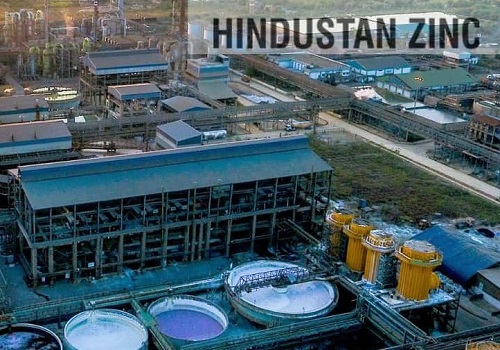
Hindustan Zinc on Wednesday joined hands with Jawaharlal Nehru Centre for Advanced Scientific Research (JNCASR), a premier institute sponsored by the Department of Science and Technology, to advance the future of energy storage and sustainable energy solutions in the country.
The Memorandum of Understanding (MoU) between the companies marks a pivotal moment in the evolution of battery technologies, leveraging zinc's abundant resource availability, cost-effectiveness, and sustainable practices.
It also aims to develop new variants of zinc materials to propel the commercialisation of zinc-based batteries.
"Zinc is integral to a low-carbon future and it presents itself as a safe, stable, and sustainable alternative to lithium in the energy storage segment,” said Arun Misra, CEO of Hindustan Zinc. The company is India’s largest and the world’s second-largest integrated zinc producer.
“Our climate action initiatives are focussed on aiding the ongoing global energy transition by advancing and exploring new applications of zinc in batteries. This collaboration demonstrates our crucial role in catering to the increasing demand for alternative energy solutions by being an active contributor of critical raw materials for the development of emerging clean technologies,” Misra added.
Currently, lithium-ion batteries dominate the market but their availability, geographic concentration of mineral processing, and concerns around safety relating to combustion issues pose some key challenges to the advancement of sustainable energy solutions.
Compared to zinc, lithium is more than four times costlier.
Zinc-based batteries, on the other hand, are better alternatives to lithium-based batteries mainly due to properties like long-duration storage, cost-effectiveness, durability, and proven safety track record. These batteries have also long held a significant market share in India and globally.
“Zinc’s widespread availability, minimal environmental impact, cost-effectiveness, and safety characteristics position it as a key player in advancing sustainable energy solutions,” said Prof. Sreenivas K R, Dean, Research and Development of JNCASR.
The new collaboration aims to focus on the research and development of zinc alloys as anodes for zinc ion and zinc air batteries, developing electrolytes for high-performance zinc alloy anodes, and designing and developing chemical processes for recycling zinc metal-based batteries.








